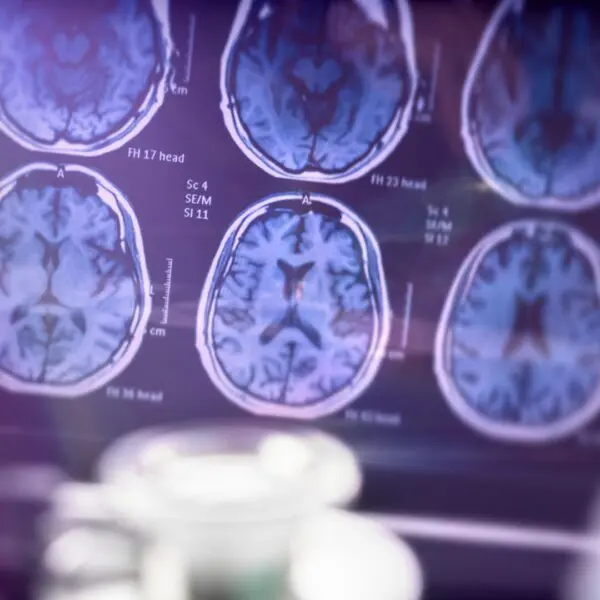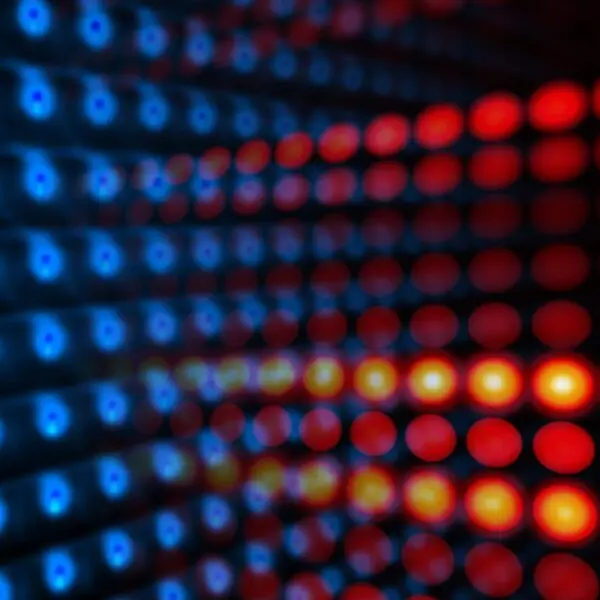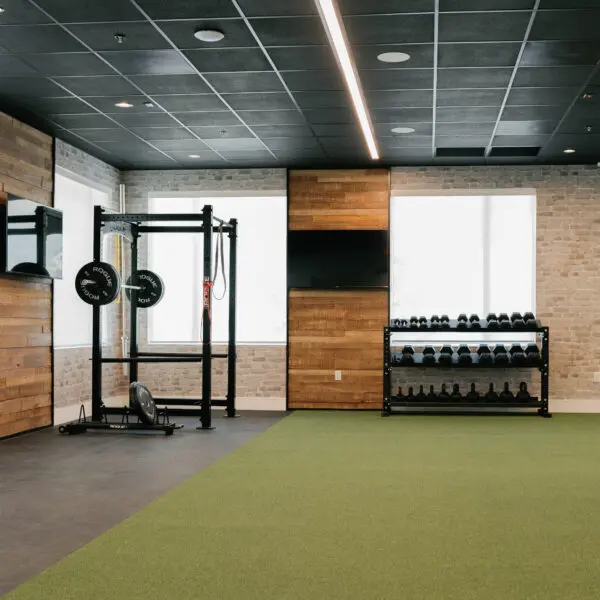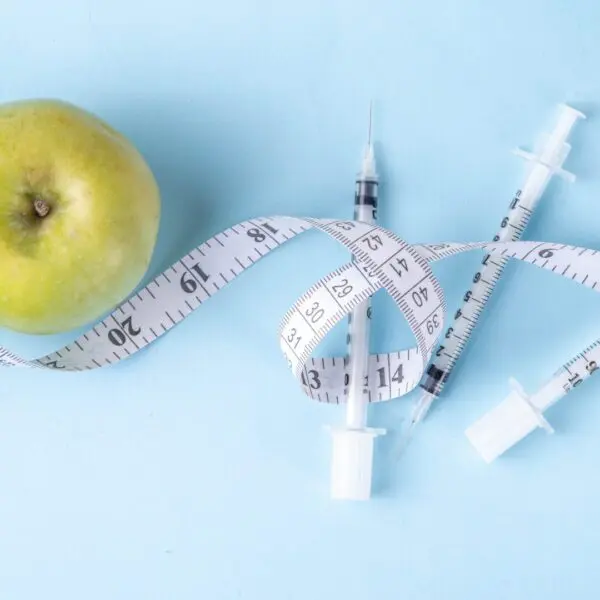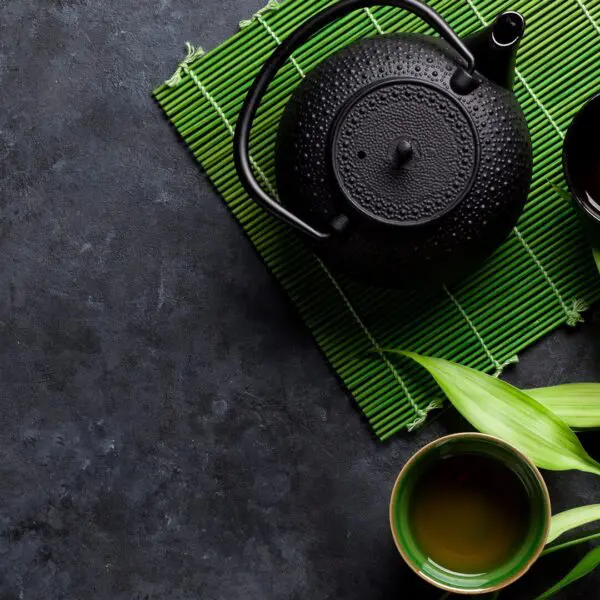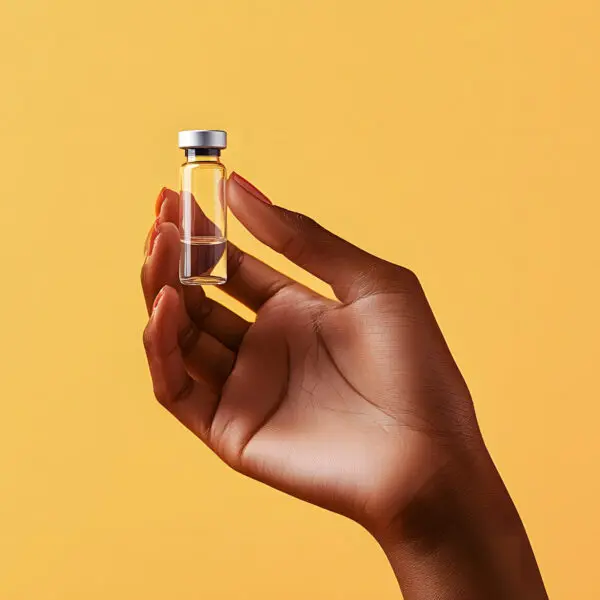You’ve been reading more and more about how important sleep is for recovery and for immunity and for, well, everything. But maybe you’re lost as to how to actually set yourself up for a great night’s sleep.
What you may not know is that your behaviors during the day can affect how well you sleep. Your food and drink choices, schedule, evening routine, and many other activities all play a part in your ability to get those critical ZZZs.
While many of the aspects to a quality nighttime recovery routine seem like common sense, occasionally, common sense is not so common.
With that in mind, here are 5 things you can do tomorrow to help ensure a great night’s sleep:
1. Get at Least 30 Minutes of Moderate Aerobic Exercise
People who engage in at least 30 minutes of moderate aerobic exercise may see a difference in sleep quality that same night. Moderate to vigorous exercise can increase sleep quality for adults by reducing sleep onset, which is the time it takes to fall asleep.
2. Avoid Caffeine after 3PM
This one should be pretty obvious and not need much explanation. Caffeine is a stimulant that increases alertness. An afternoon coffee is okay, but try to avoid caffeine the rest of the day. If you’re going to have a diet soda at dinner, make it a caffeine-free one. And of course, any hot tea you have should also not contain caffeine.
3. Avoid Alcohol Altogether
Yes, we know. You love your glass of wine after dinner. Or your whiskey or cold beer. Unfortunately, new studies are showing that even as little as one drink can wreak havoc on your sleep. Alcohol in your system can increase the time it takes for you to wind down, decrease your ability to get into deep REM sleep and also induce more wake events during the night as your body rids itself of the alcohol.
4. Avoid Blue and White Light At Least 1 Hour Before Bedtime
Electronics should not be used close up for approximately one hour before going to bed. The blue light emitted by your cell phone or tablet screen restrains the production of melatonin. Blue or white light makes us feel more energetic and wakeful, particularly if exposed to before or during bedtime. The reason for this lies in the fact that our brain cells are most sensitive to blue wavelengths. Studies prove that blue wavelengths can even affect the blind and disrupt their circadian rhythms, even though they can’t see the color. Red or amber light, on the other hand, is the most likely to impact our circadian rhythm and makes us sleepy. These colors make us feel calmer in the evening and promote the secretion of melatonin. Red light before and during sleep can prevent the groggy feeling we experience upon waking up known as sleep inertia.
5. Adopt a “Wind Down” Routine at Night
Activities such as reading, taking a bath, or meditating can help you relax and get ready for sleep. Get out of bed if you can’t fall asleep after 20 minutes of trying. Do a quiet activity in another space until you feel sleepy. If you have to nap during the day, keep it brief. And no naps after 3pm!

